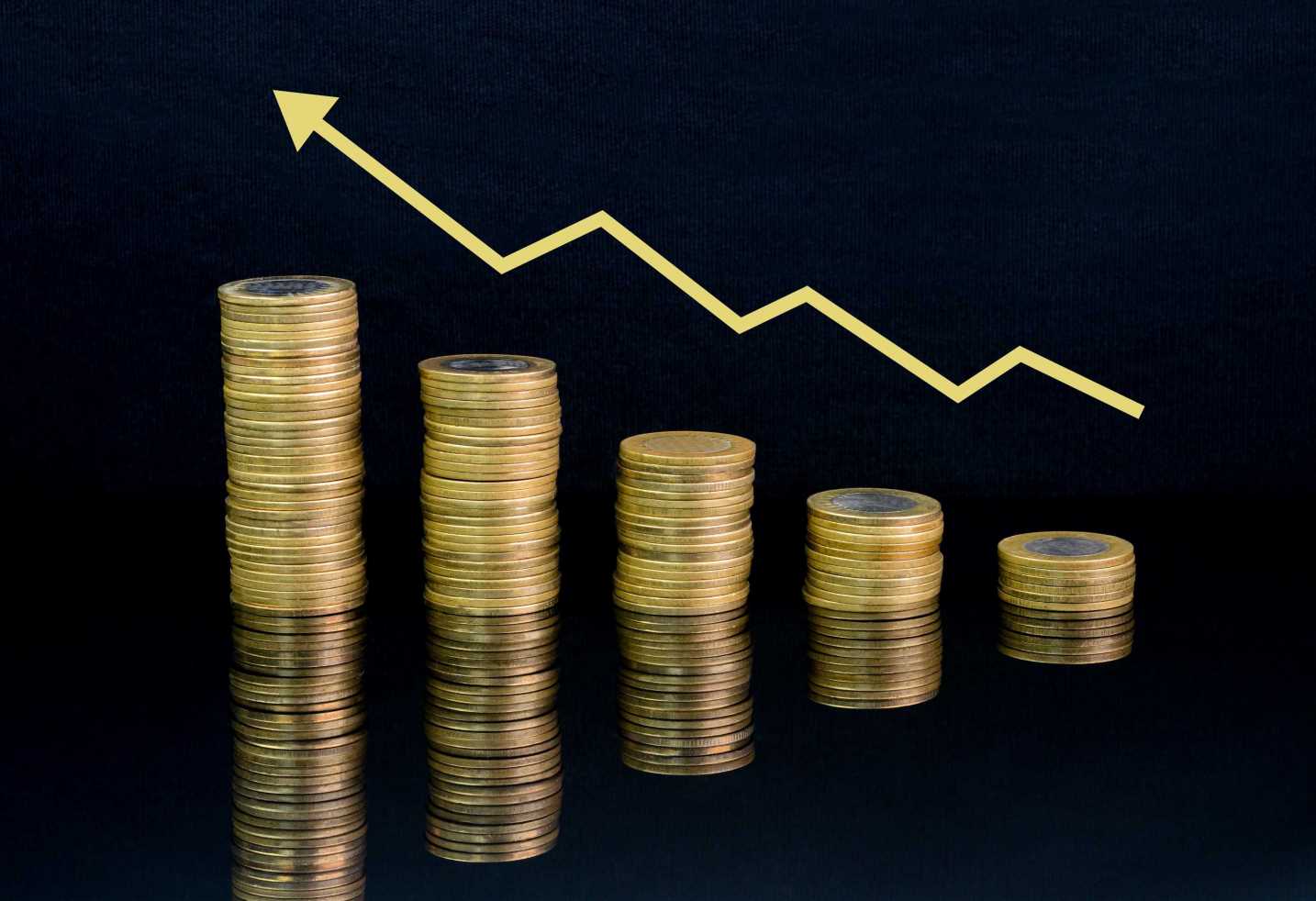INFLATION has hit a 40-year high of 10.1%, according to new figures from the Office of National Statistics.
The consumer price index (CPI) measure of inflation shot up to double figures in the 12 months to July – up from 9.4% in June.
Today’s inflation rate is the highest since 1982, the ONS said.
Inflation is a measure of how the price of goods and services have changed over the past year.
When it goes up it means prices on everyday items, essentials, fuel and bills are higher – which means budgets are being squeezed.
The soaring rate reflects the current cost of living crisis, with millions of people grappling with rising energy bills, petrol prices and grocery costs.
Rising food prices and staples including toilet roll were the main driver behind the latest inflation figures from the Office for National Statistics (ONS).
READ MORE IN MONEY
Energy bills could ‘tip £5,500 in the spring’ – and pass £100 a WEEK
Brits are being crippled by inflation – the Tories must propose a solution NOW
ONS chief economist Grant Fitzner said prices of bakery goods, dairy, meat and vegetables and takeaways are notably higher.
He added: “Price rises in other staple items, such as pet food, toilet rolls, toothbrushes and deodorants also pushed up inflation in July."
The cost of package holidays also rose, driven by higher demand, and air fares increased.
But struggling households are still being warned that the worst is yet to come.
Inflation is expected to fall back a little in August, but it could soar to 13.3% in October when they energy price cap rises again.
There are warnings it could push the UK into a recession, according to the Bank of England.
The rise will come as the energy price cap, which regulates what more than 20 million households will pay for their gas and electricity, rises in October.
It is set to hit around £3,635, according to the latest predictions – an 84% rise from today's already record high cap.
The inflation rate is so-called backward looking measure, which means it shows how prices have changed over the past 12 months – it does not predict the future.
Chancellor Nadhim Zahawi has said getting inflation under control is his "top priority" as households brace for the worst.
He added: “I understand that times are tough, and people are worried about increases in prices that countries around the world are facing.
“Although there are no easy solutions, we are helping where we can through a £37 billion support package, with further payments for those on the lowest incomes, pensioners and the disabled, and £400 off energy bills for everyone in the coming months."
What does inflation mean for my finances?
Rising inflation indicates that the cost of goods and services is rising, so your money won’t stretch as far as it once did.
As inflation hit a fresh 40 year high, it means many households are seeing prices rise faster than in living memory.
The cost of everything from energy bills to groceries to clothing is going up.
At the same time, wage increases are failing to keep up with inflation, which is why experts talk about people suffering a “real terms pay cut”, because their salary isn’t keeping up with with the cost of living.
Usually, experts advise making sure you money is in a high interest savings account when inflation soars, so your balance can grow in line with rising prices.
But although the Bank of England hiked interest rates for a fifth consecutive time, at 1.25% they are still very low by historical standards meaning savings accounts can't keep up with inflation either.
What can I do to battle inflation?
If you're struggling to make ends meet, our Squeeze Team is a panel of experts full of tips and advice to help you cut costs.
Shopping around for insurance, buying own-brand where possible, and using cashback sites are just some of their recent recommendations.
See what help is available that you may be eligible for.
Ex-Chancellor Rishi Sunak announced an emergency package of measures recently including £400 energy bill rebate for every household, an extra £650 for millions on benefits, and a £300 winter payment for older people.
You can also apply for help through your local council's Household Support Fund.
Some are giving out free cash or supermarket vouchers, while others offer help with housing costs or energy bills – but help on offer varies depending on where you live.
If you're struggling with soaring energy bills, a number of energy firms have hardship funds which offer grants of up to £750 for those struggling with their bills.
Read More on The Sun
I’m trolled for not using toilet paper and never washing down below
Snorers ‘can get up to £156 a week in DWP benefits’ due to medical condition
Low income families with young children could be entitled to Healthy start vouchers to help you cover the cost of fresh food and drink for your kids – they're worth £221 a year per child.
And use a benefits calculator to see you're entitled to help – there's an estimated £13billion in unclaimed benefits you may be missing out on.
Source: Read Full Article





